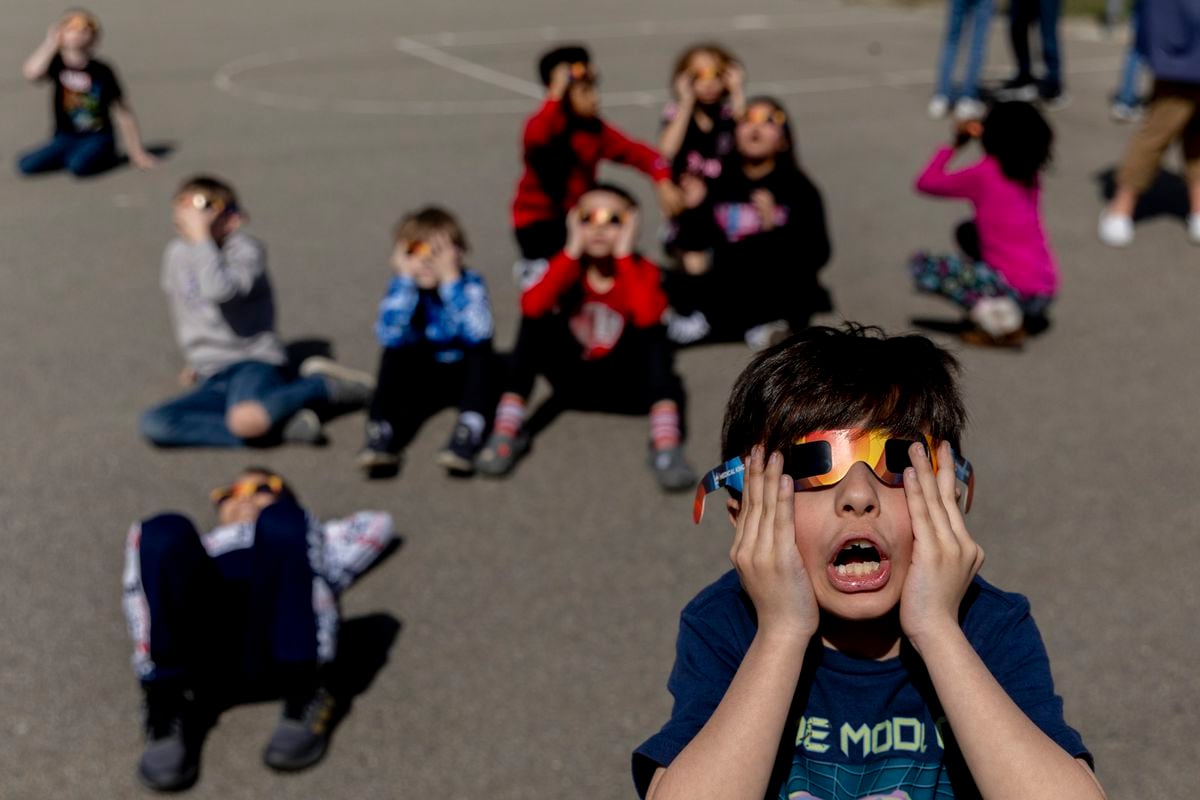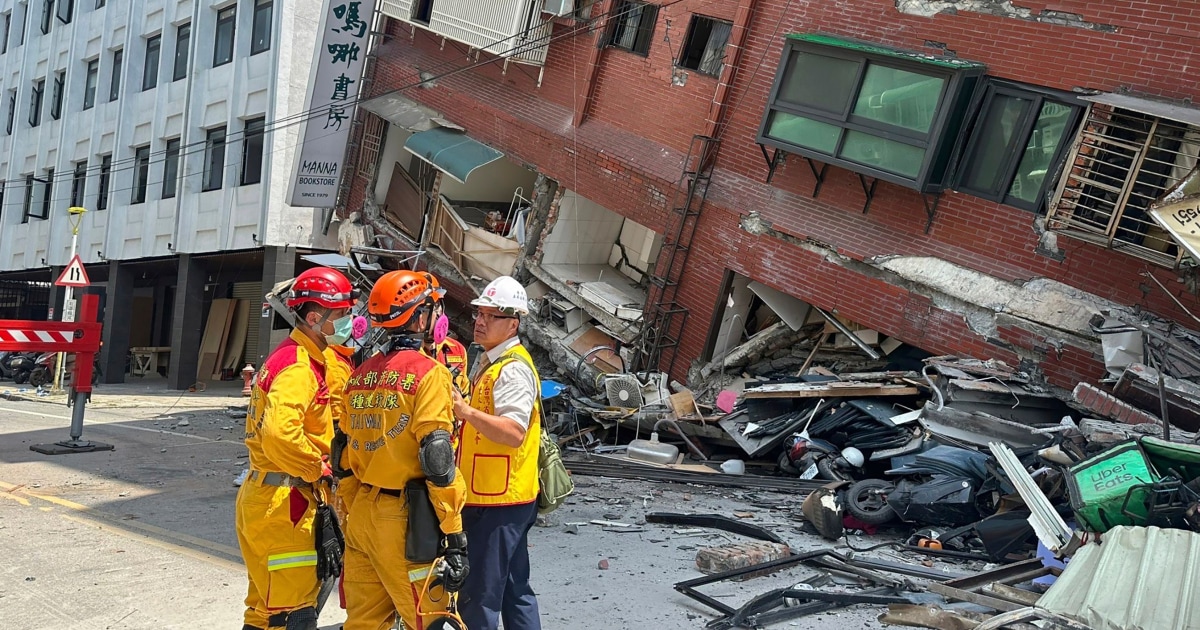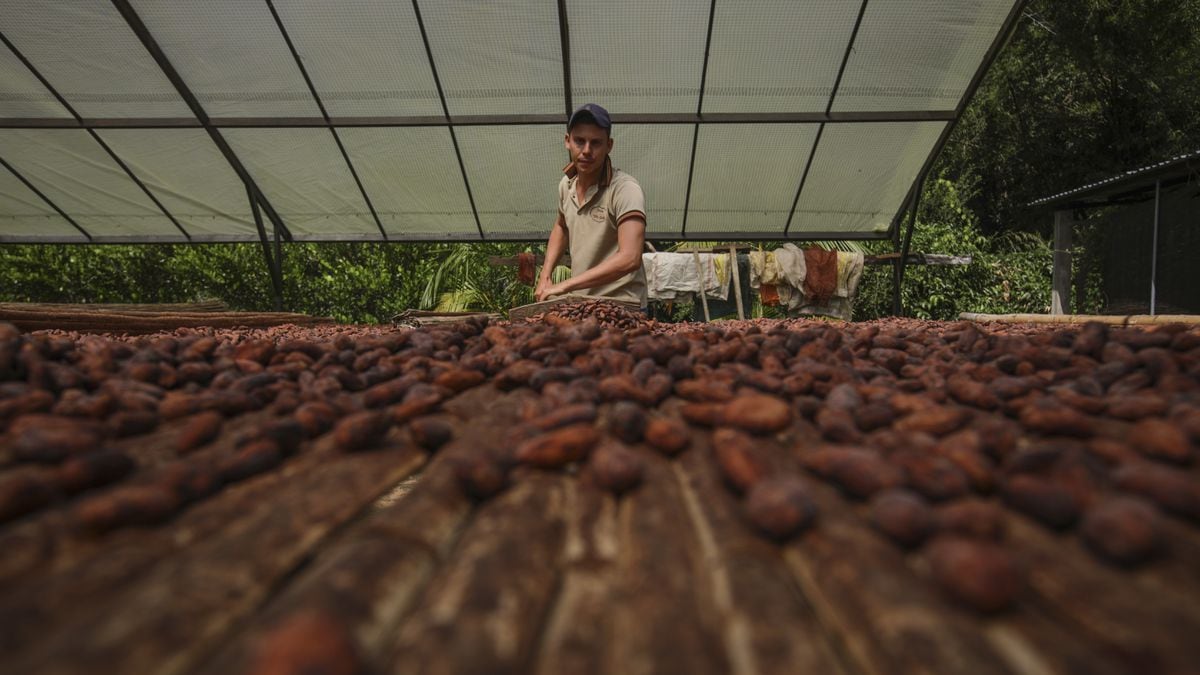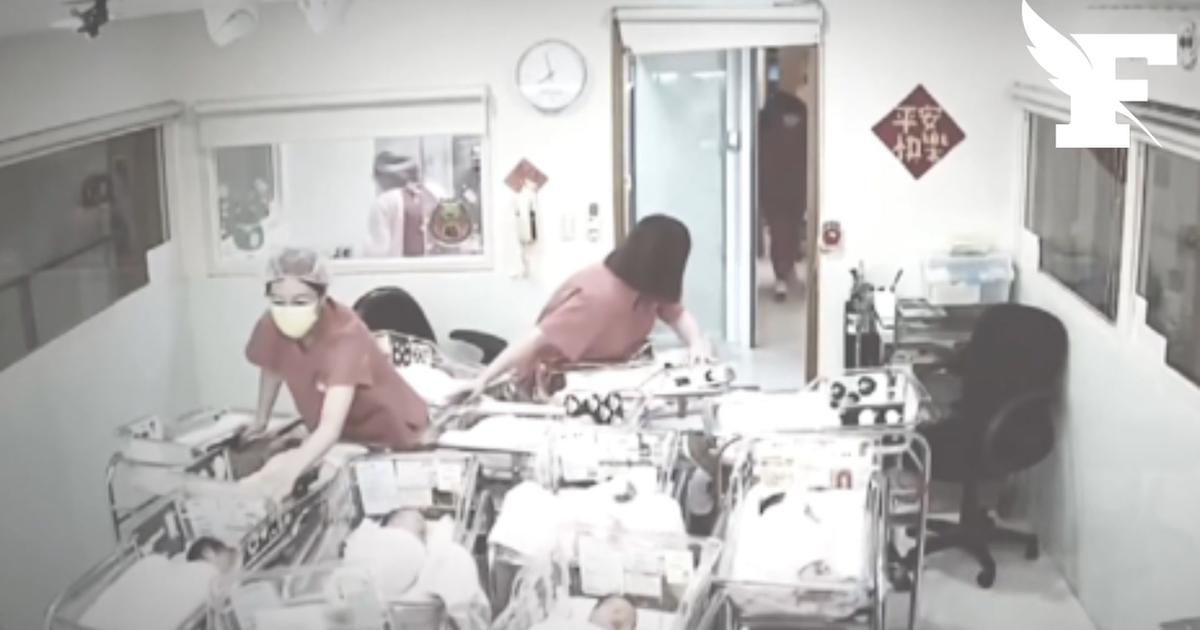Francisca Chuquimarca explains to the UN rapporteur (second from left) the effects of mining contamination in Huisa, on Thursday. Jacqueline Fowks
The jurist Marcos Orellana, UN special rapporteur on toxics and human rights, listened for six days to more than 100 Peruvians affected by oil spills and mining waste.
They gave him photos, expert reports and reports so that he can forward his petitions to international bodies and the government, because the state and the companies - they denounced - are not responsible.
“The testimonies of exposure to toxins show a level of contamination that is severe and widespread in many regions of the country.
The loss of life due to terminal illnesses, the deprivation of clean water, the abandonment and the lack of medical assistance reveal a dramatic and alarming threat to human rights,” Orellana said in an interview with EL PAÍS after his visit to the Andean country.
The rapporteur traveled to two areas of "environmental sacrifice" which he defines as such polluted places where a life with dignity is "impossible or very difficult" because the proximity of petrochemical plants, large mining companies or other forms of polluting industrialization compromise the health of people and rights such as food.
Orellana visited the Nuevo Andoas community in Loreto - the Amazon region that has suffered the most oil spills for decades - and in Lima he received complaints from fishermen from the north coast and the center affected by hydrocarbons in the sea.
The most recent is the serious spill by Repsol on January 15, involving 11,900 barrels that contaminated 116 square kilometers of sea and coastline between the province of Callao and the Lima region, including two protected natural areas.
“I have been shocked by the figures of more than a thousand spills on the coast, jungle and mountains during the last 25 years.
A disaster always imposes a great strain on the State's response capacity, but the lack of coordination, the delay in responding, and the lack of humanitarian attention to these spills, as in the case of the Ventanilla (Callao) spill, leave it shows the institutional and normative weakness for the protection of the environment and the people who depend on it”, pointed out the also professor of the George Washington University.
The representative of the autonomous government of the Wampi region, Juan Nunningo, told the rapporteur on Friday that despite the claims made to the government, "there is no positive result."
“We hope you will support us in disseminating information internationally because the government does not respect the rights of indigenous peoples.
The children have unknown diseases and they don't care for them,” added Nunningo, who explained the damage to fishing due to crude oil contamination in the north of the Amazon.
Luis Díaz, affected by the oil spill last January on the coast, told Orellana that he belongs to the third generation of his family dedicated to artisanal fishing in Aucallama, 50 kilometers north of the point of the spill.
“They are deceiving us: the State is not taking responsibility, it is not being blunt with Repsol.
The technology they are using to clean is not adequate, ”he questioned.
The United Nations special rapporteur arrived in Peru at the invitation of civil society organizations, and an official visit is pending, which depends on a decision by the Ministry of Foreign Affairs.
“I am a widow, we are 30 women who worked in the control of small boats, we are harmed and we have been eating common pots for more than a month.
Our children's classes start in March and we have nothing to contribute to the family.
Ask the authorities to take a hard line: to give us a solution to the damage caused by the oil,” said Fanny Tamayo, a worker from Chancay, the northernmost beach that was contaminated last month.
On Friday night, Orellana was invited to the parliamentary commission investigating the Repsol spill to speak and answer questions.
Before his shift, one of the fishermen's leaders reported that the company offered them work cleaning up pollution, but to hire them they required police record certificates.
“We had been out of work for eight to ten days, none of us had the money to meet that requirement [request the certificate].
And until now they continue to ask us for other requirements to prove that we are fishermen,” described Eleazar Medina, representative of an artisanal fishing union in Ventanilla.
In his speech at the Congress, the UN rapporteur expressed his concern about the vulnerability of the people affected, especially those who depend on the sea.
“When someone has no income and has nothing to eat, what position is he in to negotiate compensation?
Here there are responsibilities of the company, without a doubt, but the first responsibility of the State is to guarantee the effective enjoyment of rights”, he noted.
Orellana argued before the investigative commission that although environmental assessments of the spill are underway, there are no studies on the social impact, and the regulatory framework around the environmental disaster is deficient.
“Now Repsol now requires that the claimant prove that he has suffered damage, and according to the legal system in many countries, he must prove the negligence of the company.
These burdens of proof are nearly impossible to meet.
When damages happen, a person who suffers it has the right to receive compensation”, he specified.
Affected by toxins in Cusco
The other point of environmental sacrifice that Orellana visited was Huisa, a peasant community at almost 4,000 meters above sea level, in the province of Espinar (Cusco).
In 2019, 150 people from that town were sampled and 64% had mercury, arsenic, lead and manganese in their bodies, a product of contamination caused by mining.
Community member Melchora Surco led a lawsuit against the State that ended in 2020 with a court ruling in favor of the population of Huisa.
The judge ordered the regional government of Cusco to apply an emergency public health strategy for those affected by heavy metals, but they are still waiting.
In Huisa, a mineral conveyor belt from the Antapaccay company has split the community in three, and the discharges from the operation into the river and the land have contaminated people and their animals.
Nearby, there are two mountains of waste from another mine that has already closed.
“The company looks at us as ugly packages.
We don't have water or electricity here,” says one of the community members while he waits for the meeting with the rapporteur and points out the contrast with the modern infrastructure of the mine.
During the dialogue, the testimonies agree on the death of relatives from cancer and the damage to the land.
“As a child she drank water from the river and we did not know that it was contaminated.
I am 30 years old but I feel like 50. What development can there be if there is no health?
We want our waters clean as before, I want that life.
In the hospital they don't cure us, they just give us pills.
I am not going to die prostrate, until the last day I am going to claim: if it is not for me, it will be for others.
I am Esmeralda Larota from Huancané Bajo,” said a citizen.
Melchora Surco wears a kind of mantilla that covers her head, and says that she almost no longer has hair, that her head and body constantly ache, and that her children also have brain problems that prevent them from studying.
“Thanks to the State's authorization for that mining plant, we drink poisoned water.
We want life insurance and that they give us water, they would have to distribute us water that does not have heavy metals.
Two cows have died on me, each one cost six thousand soles (1,600 dollars).
We have planted quinoa and potatoes and it grows small.
How are we going to live?” asks Surco.
Another farmer from Huisa, Francisca Chuquimarca, speaks in Quechua about her heart and skin symptoms, and the medicines she needs.
She showed the reporter photos of the damage to the animals that she raised to produce wool, and gave him the image of a little sheep that was born with five legs and did not survive.
"Development, to be truly development, must respect human rights: if it generates toxins, it is not," Orellana concluded after listening to the contaminated community in Espinar.
Follow all the international information on
and
, or in
our weekly newsletter
.









/cloudfront-eu-central-1.images.arcpublishing.com/prisa/CY2A26MEDVGSFEWPX5DBVG5BFQ.jpg)